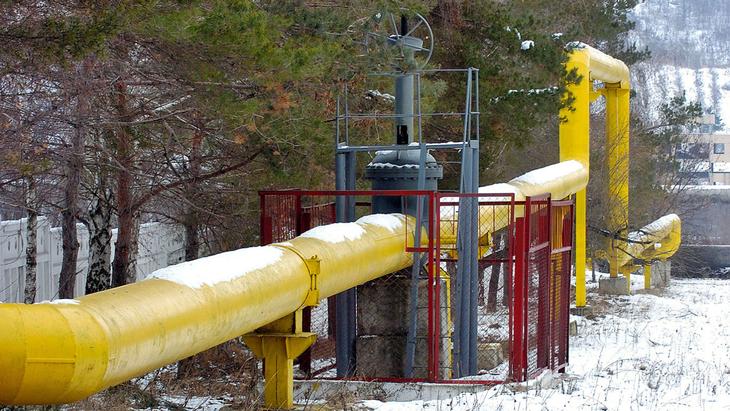Energy prices in Europe posted record after record even before winter came, and this crisis will worsen as temperatures begin to fall, Bloomberg reports.
Last month’s rising electricity prices forced some British companies to cut production and seek state aid, an example of what could happen across Europe just as a new coronavirus variant appears. For governments in the region, this could mean tensions with neighboring countries that will try to secure their own supplies, and for households, it could mean a situation in which they are required to consume less energy and even prepare for supply disruptions, according to Agerpres.
The problem is that there is no solution on the supply side, given that exporters such as Russia only deliver what they currently have, and Qatar says it produces at full capacity. Under these conditions, the energy industry is forced to rely on “destroying demand”, says Fabian Roenningen, an analyst at Rysted Energy.
“We have already seen this in recent months and, in many industries, it will most likely continue and worsen. In the current market conditions for many players it is not profitable to operate,” said Roenningen.
For France, Europe’s second-largest economy, the risks are particularly high. The possibility of a frost wave in January and February creates a cause for concern for the operator of the national electricity transmission network. The availability of nuclear power plants, the backbone of France’s national energy system, is low after the pandemic delayed maintenance work on some reactors, the operator said in a report released this week.
Electricity prices are already near record levels as a cold snap approaches France and is expected to expand on Monday when electricity demand will rise as the working week begins.
Last winter, the network operator called on households to use less electricity at peak times and also activated some demand reduction clauses in contracts with producers, when the situation worsened. The next step would be to reduce the voltage along with the network and, as a last resort, it would resort to introducing supply disruptions of up to two hours for each region.
